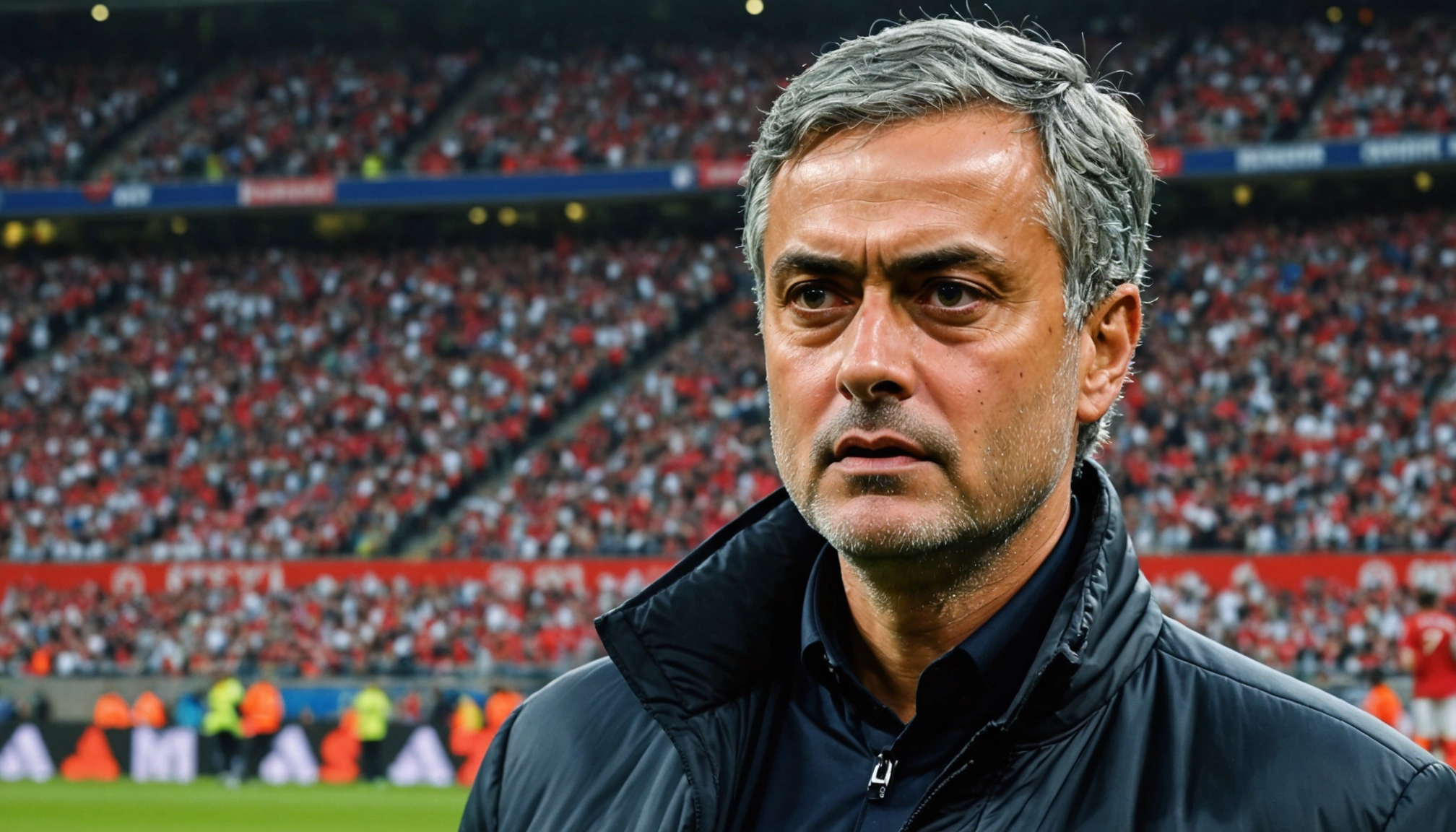Zak Brown Rejects Team Orders Amid Verstappen Threat To McLaren
McLaren CEO Zak Brown stands firm against team orders despite Max Verstappen's rising threat. Explore the implications for F1 and McLaren's strategy.

By Editorial
Introduction To The Verstappen Threat And McLaren's Stance
Formula 1 continues to captivate fans with intense rivalries and strategic battles. Recently, McLaren's CEO Zak Brown made headlines by rejecting team orders that could favour rivals like Red Bull's Max Verstappen. This decision highlights McLaren's commitment to racing integrity and their growing ambition in the 2024 season.
With Verstappen's dominance in recent years, many teams have faced pressure to adapt their internal tactics. Brown’s stance offers insight into McLaren's evolving philosophy and how it might influence the upcoming championship battles.
Who Is Zak Brown And What Does He Represent?
Zak Brown has been a transformative figure at McLaren since joining in 2016. As CEO, he has overseen a period of restructuring and renewed competitiveness for the storied British outfit. Brown’s approach blends commercial acumen with a passionate commitment to motorsport culture, emphasising driver empowerment and transparency.
His rejection of team orders is consistent with his belief that drivers should compete freely on track, ensuring genuine racing rather than orchestrated results. This approach resonates well with fans and drivers alike, who crave authenticity in a sport increasingly criticised for strategic manipulation.
Understanding Team Orders In Formula 1
Team orders refer to instructions given by a racing team to its drivers, often to favour one driver for championship points or strategic advantage. Historically, such orders have sparked controversy, with notable examples like the 2002 Austrian Grand Prix involving Ferrari and the infamous 2010 German Grand Prix with Ferrari again.
While team orders can optimise a team's overall results, they often clash with fair competition ideals. Zak Brown’s refusal to implement team orders puts McLaren in a distinct position, prioritising sporting fairness over tactical gain.
How Does This Affect McLaren Against Verstappen's Red Bull?
Max Verstappen and Red Bull Racing have dominated the past few seasons with a combination of superior car performance and strategic prowess. McLaren’s decision to avoid team orders may limit some tactical flexibility, but it underscores a commitment to driver skill and on-track battles.
This philosophy could enhance McLaren's appeal to new talent and fans who value authentic racing. Moreover, it challenges Verstappen's team to win without relying on team manipulation, potentially reshaping the competitive landscape.
Case Studies: McLaren's Recent Performance And Strategy
In the 2023 season, McLaren showed significant improvement with drivers like Lando Norris and Oscar Piastri delivering strong performances. Despite facing pressure from top teams, McLaren avoided controversial team orders, often encouraging their drivers to race freely.
Such strategies have yielded positive results, including podium finishes and consistent points haul, signalling McLaren's upward trajectory. This approach contrasts with teams that have relied heavily on internal team tactics, sometimes to the detriment of driver morale and fan perception.
Examples From Other Sports That Mirror This Philosophy
Similar to how Olympian Hector Pardoe completed the 3 Peaks swim to raise awareness rather than chasing records alone, McLaren’s approach reflects a focus on values beyond just winning at all costs. This humanistic approach can build stronger brand loyalty and community support.
Potential Risks And Rewards For McLaren
Rejecting team orders is not without risk. In a sport where milliseconds count, sacrificing tactical advantage could mean fewer championship points or missed podiums. However, the rewards include a stronger team culture, enhanced driver development, and favourable public perception.
Zak Brown’s strategy aligns with long-term growth, aiming to build McLaren not just as a winning team but as a respected institution in F1.
What Could This Mean For The Future Of Formula 1?
If more teams adopt McLaren’s approach, Formula 1 could see a return to more unpredictable and exciting races. Fans often criticise the sport for predictable outcomes influenced by team orders and strategic decisions.
McLaren’s stance may inspire a cultural shift, encouraging teams to prioritise pure racing and driver skill, potentially increasing the sport’s global appeal.
Conclusion: McLaren's Bold Stand In The Face Of Verstappen's Dominance
Zak Brown’s rejection of team orders amid Max Verstappen’s threat represents McLaren's commitment to racing integrity and driver empowerment. While this may come with strategic challenges, it positions McLaren as a principled competitor in Formula 1.
As the season unfolds, fans and analysts alike will watch closely to see if this approach can disrupt the dominance of Red Bull and add new excitement to the championship fight.
For those interested in broader sports narratives of ambition and resilience, check out insights like Jacob Bethell reflects on his England summer and future ambitions or explore how Olympian Hector Pardoe completes 3 Peaks swim in pollution campaign, emphasising dedication beyond competition.
Related topics
Editorial
Sports expert at SportsScoop
Specialist in sports analysis and journalism
Related articles
Want to read more?
Explore our comprehensive collection of sports articles and analysis, or contact us for more information.



